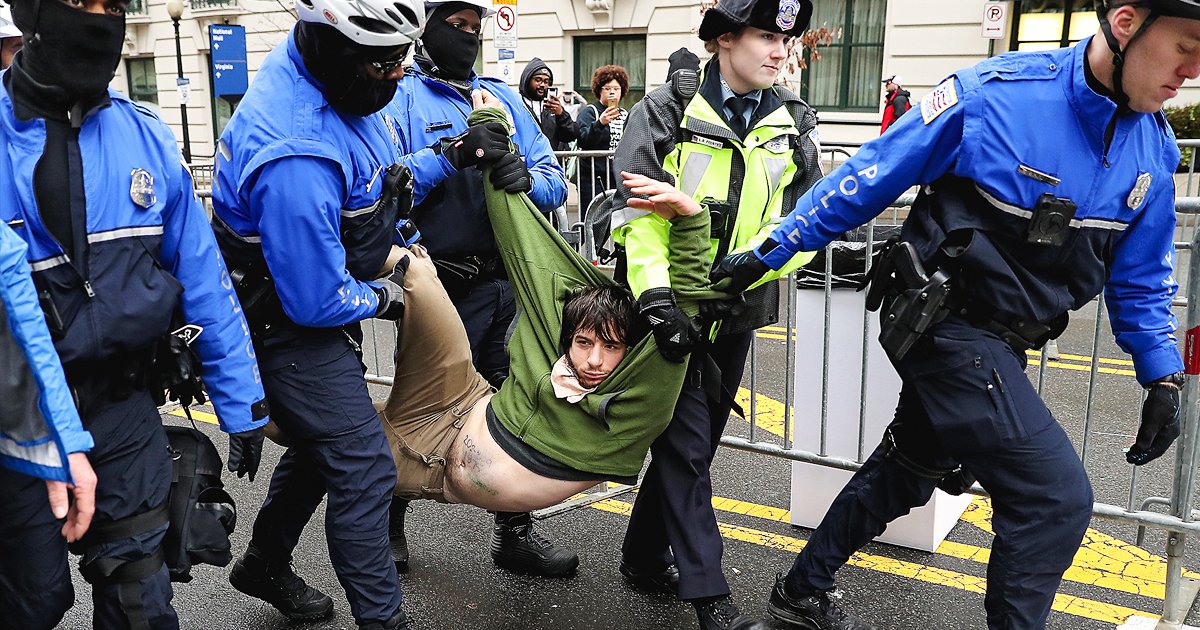Gridlock prevented the Senate from renewing many of the domestic spying powers the act had granted. A House bill that would have renewed the government surveillance authority failed to pass and that places the drafting a of new law to reinstate those powers squarely on the shoulders of politicians. We may, hopefully, never see the Patriot Act return.
While passing a resolution to continue the powers that were already in place under the Patriot Act would have been an easier pill to swallow, putting forward legislation that reinstates the powers is not something many lawmakers are willing to do.
In fact, when Senate Majority Leader Mitch McConnell tried to buy time with a two-week extension of what has been reported as two of the “less controversial” provisions of the Act, he was blocked by another Republican, Senator Rand Paul.
“…we stopped the illegal NSA bulk data collection,” said Rand Paul. “This is a victory no matter how you look at it. It might be short lived, but I hope that it provides a road for a robust debate, which will strengthen our intelligence community, while also respecting our Constitution.”
Paul was widely criticized by other Republicans for taking a hard stand against the Patriot Act.
Mitch McConnell said: “We shouldn’t be disarming unilaterally as our enemies grow more sophisticated and aggressive, and we certainly should not be doing so based on a campaign of demagoguery and disinformation launched in the wake of the unlawful actions of Edward Snowden.”
That bitterness is at the heart of why the Patriot Act provisions that expired may never reemerge.
According to MSNBC, these are the provisions that expired from the Patriot Act:
- Section 215, which authorized the NSA’s bulk collection of telephone metadata. Metadata record who called whom when, but not what was said.
- A “lone wolf” provision that gave intelligence agencies powers to follow terrorists who may not be affiliated with a terrorist group.
- Roving wiretaps, which gave the intelligence agencies the ability to monitor someone who may use a number of different telephone lines to evade detection.



